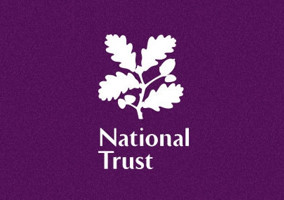Aid charity Sightsavers warned that “a significant increase in the regulatory burden” has affected funding, fundraising, and partnership working, in its annual report.
The charity’s annual report and accounts for the year to December 2017, published recently on its website, show that its income rose by £19.7m to £321.7m.
The rise was down to an increase in gifts in kind of the drug Mectizan, which treats river blindness. Pharmaceutical company Merck donated £222m of the drug, compared to £190.5m the previous year.
In a section of the annual report labelled “Challenges in 2017” the charity wrote that it was concerned about an “assertive media environment” although this had so far had no impact on donations.
It also said it was concerned about a “significant increase in the regulatory burden” over the course of the year.
“A new governance code was introduced, and DfID introduced a mandatory suppliers’ code,” the charity said. “Perhaps the most challenging aspect of this is the requirement to ensure that all suppliers and all partners are also compliant, which will make coalition working more expensive.
“We are also concerned that an unintended consequence of this is to make it harder to work with smaller, less well-resourced partners.
“There is new leadership at the Charity Commission and as yet we do not know the full details of the additional regulations that will be implemented as a result of the current safeguarding summits.
“Regulations have also had a significant impact in fundraising. We have spent a great deal of time this year preparing for the new GDPR, and our Swedish fundraising efforts have been affected by regulatory restrictions on the amount that can be invested.
“Political changes and upheavals caused delays to DFID’s decision-making processes and thus delays in contract awards. Irish Aid funding was also delayed.”
Key statistics
Total income
£321.7m, up from £302m the previous year. Of this, £222m was gifts in kind of river blindness drug Mectizan, and £26m was gifts in kind of trachoma drug Zithromax.
Expenditure
£321.7m, including £19.3m on raising funds
Reserves
£11.2m, including £1.2m designated funds.
Full time equivalent staff
516, up from 476 the previous year.
Highest salary
£129,500, for chief executive Caroline Harper.
|












